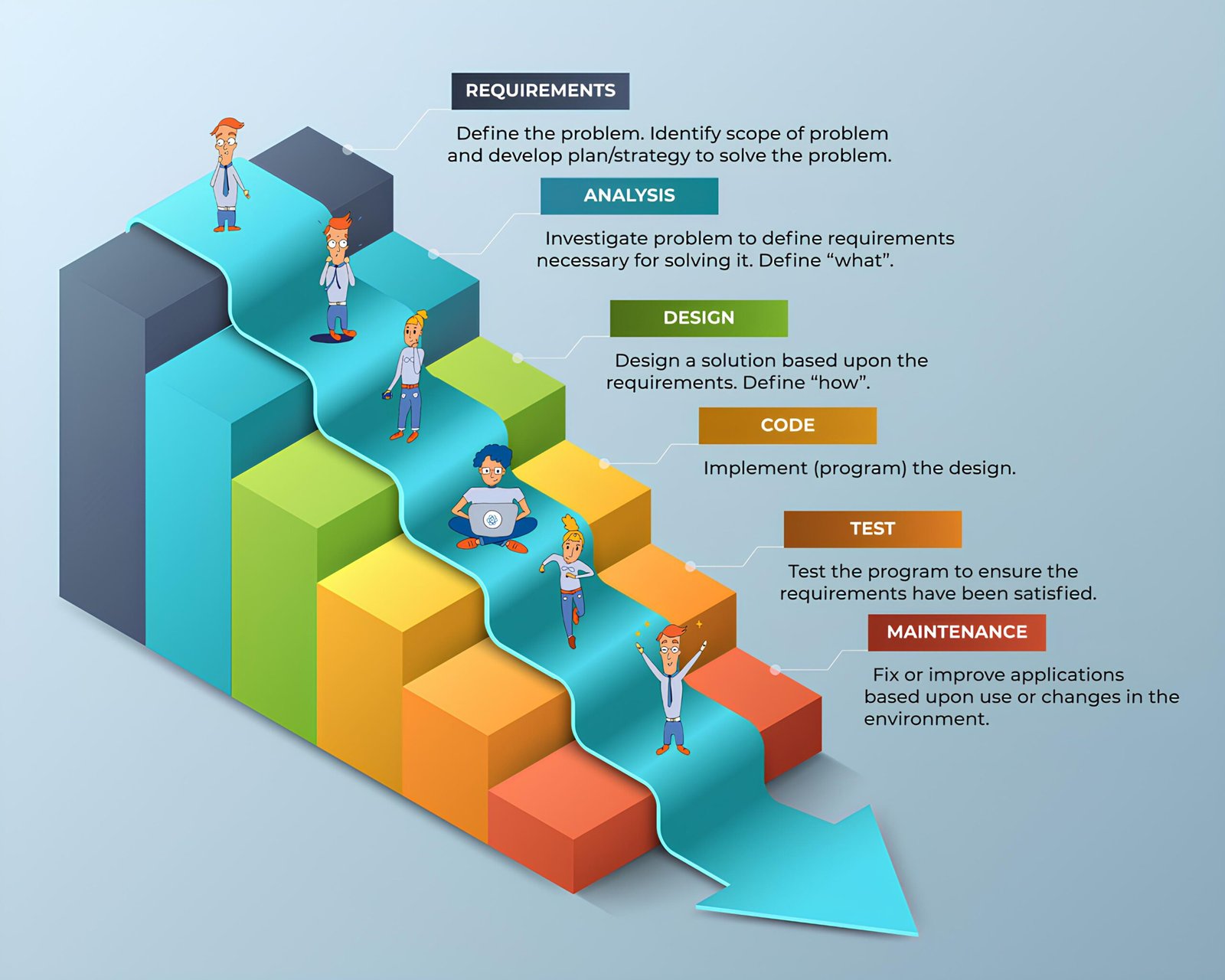AI in Social Media Platforms
In today’s digital age, social media has not only become a cornerstone of daily communication but also a powerful tool for digital marketing and community building. As these platforms evolve, they continue to influence our social interactions and business transactions in profound ways. Among the most significant drivers of this evolution is artificial intelligence (AI), which is playing an increasingly central role in shaping the social media landscape.
AI in social media has been transformative, enhancing how platforms analyze data, understand user behavior, and optimize content delivery. This technology enables more personalized user experiences by curating feeds and suggesting content aligned with individual preferences and behaviors. For example, AI algorithms can analyze past interactions and engagement patterns to predict what kind of content a user may find engaging.
Beyond personalization, AI is crucial in automating and optimizing advertising campaigns on social media. By leveraging vast amounts of data, AI helps advertisers target audiences more precisely, increasing the effectiveness of marketing efforts and maximizing return on investment. This level of targeting would be unattainable without the deep learning capabilities of AI, which can identify subtle patterns and preferences among users.
AI in social media also enhances the operational aspects of social media platforms. It supports content moderation by detecting and filtering inappropriate or harmful content, thus maintaining platform integrity and user safety. Moreover, AI-driven chatbots and virtual assistants are becoming commonplace, providing users with quick responses to inquiries and improving customer service without human intervention.
AI is fostering new ways for platforms to engage users. For instance, augmented reality (AR) filters and lenses, powered by AI, have become popular features on platforms like Snapchat and Instagram, offering users fun and interactive ways to create and share content. AI is not just a technological enhancement for social media platforms but a revolutionary force reshaping how we connect, share, and engage with each other online.
As AI technology continues to advance, its role in social media is set to grow, bringing new challenges and opportunities for users and businesses alike. This article will delve deeper into these transformations, offering insights into both the current landscape and future trends.
The Impact of AI on Social Media Algorithms
One of the key areas where AI in social media has made a significant impact is in social media algorithms. These algorithms determine what content is shown to users on their social media feeds. AI algorithms analyze vast amounts of data, including user preferences, behavior, and past interactions, to deliver personalized content that is most relevant to each individual user.
This personalized approach has revolutionized the way we consume content on social media platforms. Instead of being bombarded with irrelevant information, AI algorithms help users discover content that aligns with their interests, making their social media experience more enjoyable and engaging.
Furthermore, AI algorithms also play a crucial role in moderating and filtering content on social media platforms. With the exponential growth of user-generated content, it is impossible for human moderators to review every post. AI algorithms can identify and flag inappropriate or harmful content, helping to create a safer environment for users. By automating this process, AI algorithms save time and resources while ensuring that social media platforms remain a positive and inclusive space for users to connect and engage.
How AI is Transforming the Way We Connect on Social Media
Gone are the days when social media was limited to sharing photos and status updates. AI in social media has transformed the way we connect with others. With AI-powered recommendation systems, social media platforms can suggest new friends, groups, and communities based on our interests, location, and mutual connections. This not only expands our social network but also enhances the quality of our interactions by connecting us with like-minded individuals and communities.
Moreover, AI in social media has revolutionized the way we communicate on social media through the use of chatbots. AI-powered chatbots have become increasingly sophisticated, offering personalized and efficient customer service on social media platforms. These chatbots can answer frequently asked questions, provide recommendations, and even assist in making purchases.
By automating these tasks, AI-powered chatbots free up human resources, allowing businesses to provide round-the-clock support to their customers. This enhances the overall user experience and fosters stronger connections between businesses and their audience.
The Impact of AI in Personalized Content and Recommendations
Personalization is a key driver of engagement on social media platforms, and AI in social media has revolutionized the way content is personalized and recommended to users. AI algorithms analyze user data, including browsing history, likes, and interactions, to understand individual preferences and deliver tailored content. This level of personalization not only enhances the user experience but also increases user engagement and retention.
AI algorithms can also predict user behavior and preferences, enabling social media platforms to deliver personalized recommendations. For example, if a user frequently interacts with fitness-related content, AI algorithms can recommend relevant fitness influencers to follow, fitness groups to join, or even suggest fitness-related products. This personalized approach not only helps users discover new content but also creates opportunities for brands to connect with their target audience in a more meaningful way.
AI-Powered Chatbots and Customer Service on Social Media

In recent years, AI-powered chatbots have become increasingly prevalent on social media platforms. These chatbots are revolutionizing customer service by providing instant and personalized assistance to users. AI-powered chatbots can handle a wide range of tasks, from answering frequently asked questions to resolving customer complaints and even facilitating transactions.
The benefits of AI-powered chatbots are twofold. Firstly, they provide round-the-clock support, ensuring that users can get assistance at any time, regardless of their geographical location. This improves customer satisfaction and builds trust between businesses and their customers. Secondly, AI-powered chatbots can handle a large volume of inquiries simultaneously, reducing waiting times and improving response rates. This efficiency not only saves resources for businesses but also enhances the overall user experience.
Ethical Considerations and Challenges of AI in Social Media
While AI in social media has brought about numerous benefits to social media platforms, it also raises ethical considerations and challenges. One of the major concerns is the issue of privacy. AI algorithms rely on vast amounts of user data to personalize content and recommendations.
However, the collection and use of this data raise concerns about user privacy and data security. Social media platforms must ensure that user data is handled in a transparent and responsible manner, with appropriate safeguards in place to protect user privacy.
Another ethical concern is the potential for AI algorithms to perpetuate biases and discrimination. AI algorithms are trained on existing data that may carry biases and prejudices. If these biases are not addressed, AI algorithms can inadvertently amplify and perpetuate existing social inequalities. It is crucial for social media platforms to regularly evaluate and monitor their AI algorithms to ensure fairness and mitigate bias.
AI in Influencer Marketing and Brand Collaborations
Influencer marketing has become an integral part of social media platforms, and AI in social media is transforming the way brands collaborate with influencers. AI algorithms can identify and analyze influencers based on their audience, engagement, and content, helping brands find the right influencers for their target audience.
AI-powered platforms also enable brands to track the effectiveness of influencer campaigns by measuring engagement, reach, and conversions. This data-driven approach not only enhances the efficiency of influencer marketing but also provides valuable insights for brands to optimize their strategies.
Furthermore, AI in social media has opened up new opportunities for micro-influencers, who may not have a large following but have a highly engaged and niche audience. AI algorithms can identify these micro-influencers and connect them with brands that align with their values and target audience. This not only benefits micro-influencers by providing them with opportunities for collaborations but also benefits brands by reaching a highly targeted and engaged audience.
The Future of AI in Social Media Platforms
The future of AI in social media platforms is promising. As technology continues to advance, AI will become even more integrated into our social media experience. We can expect AI algorithms to become more sophisticated in understanding user preferences and delivering personalized content. AI-powered chatbots will become more intelligent, providing even more efficient and personalized customer service.
Furthermore, AI in social media will continue to play a significant role in influencer marketing, enabling brands to identify and collaborate with influencers in a more effective and targeted manner. The future of AI in social media platforms holds immense potential for enhancing user experience, improving engagement, and fostering meaningful connections between individuals, businesses, and communities.
Case Studies of Successful AI Implementations in Social Media
Several case studies demonstrate the successful implementation of AI in social media platforms. One notable example is Facebook’s News Feed algorithm, which uses AI to personalize content for each user. By analyzing user data and interactions, the algorithm delivers a tailored feed that aligns with individual interests. This has significantly improved user engagement and satisfaction, making Facebook one of the most popular social media platforms worldwide.
Another example is Instagram’s Explore page, which uses AI algorithms to recommend content based on user preferences and behavior. This personalized approach has transformed the way users discover new content, resulting in increased engagement and longer sessions on the platform.
Conclusion: Welcoming the AI Transformation in Social Media
AI in social media has revolutionized the way we connect and engage on social media platforms. From personalized content recommendations to AI-powered chatbots, AI has enhanced the user experience, improved customer service, and opened up new opportunities for influencer marketing.
However, it is crucial to address the ethical considerations and challenges associated with AI, such as privacy and bias. As we continue to embrace the AI in social media, it is important to strike a balance between technological advancements and human values.
By leveraging the power of AI in a responsible and ethical manner, we can create social media platforms that foster meaningful connections, engagement, and inclusivity. The future of AI in social media platforms holds immense potential for transforming the way we connect and engage with others, and it is up to us to harness this power for the benefit of all users.
Subscribe to our newsletter to receive future updates on Technology, Artificial Intelligence (AI), and Tech Trends. Explore our categories to find more relevant stuff. Stay informed and motivated with our most recent insights!




